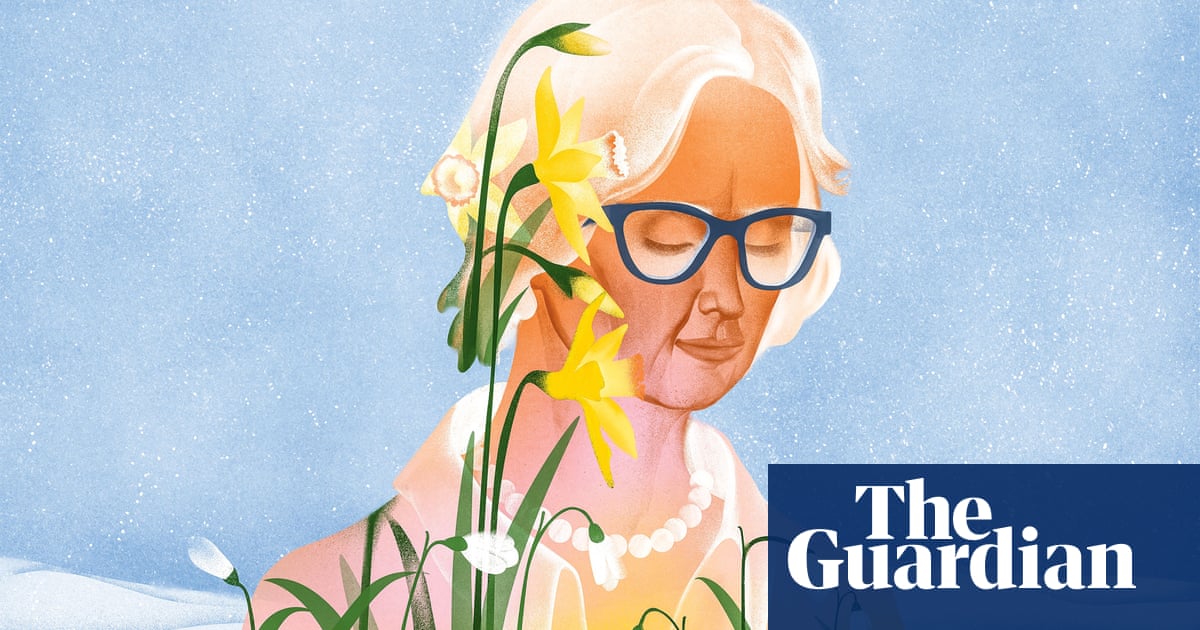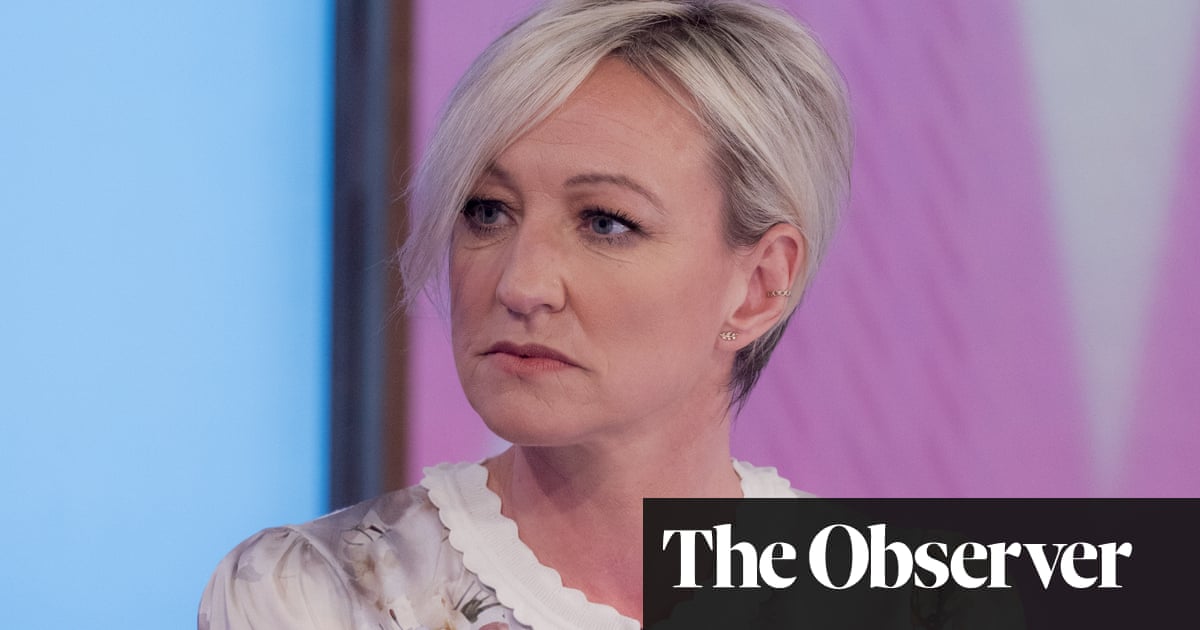
ive years ago, Nathalie Warmerdam was murdered by her ex-partner in one of the worst cases of domestic violence in Canadian history. The 48-year-old was Basil Borutski’s third victim that day; he also killed two other former partners, Anastasia Kuzyk and Carol Culleton. Boruktski was found guilty and sentenced to life in prison in 2017.
Warmerdam’s brother Joshua Hopkins, an acclaimed baritone, was rehearsing in Ottawa when he received the call.
“It was horrifying. I was sent reeling, it was an emotionally very turbulent time and I felt helpless, powerless to do anything to help my sister,” he says. “But I knew that as an opera singer I had a voice and I could use that voice to tell my sister’s story and also to bring awareness to the global epidemic that is violence against women and gender-based violence. The idea behind it was to honour my sister.”
Today, Hopkins releases Songs for Murdered Sisters, a new eight-song cycle written by Margaret Atwood and composer Jake Heggie, which opens with Atwood’s lyric: “Who was my sister / is now an empty chair / Is no longer / Is no longer there / She is now emptiness / She is now air.”
The Canadian Booker-winning author didn’t immediately agree to the project; she wasn’t sure if she could do it. “I could not promise anything – songs and poems either arrive or they don’t,” she says. But she ended up writing the sequence in one session. “I made the ‘sisters’ plural because they are indeed – unhappily – very plural. Sisters, daughters, mothers. So many,” she said.
Atwood has known two women who were murdered, “both by jealous former romantic partners, so the killing of Joshua’s sister resonated with me”.
“This is a person who went around and killed three people on the same day. And for each of those three people, you have a whole extended group of individuals who are affected, so anybody related to them, all of their friends – it just carves a big hole in the lives of other people,” she says. “It’s pretty devastating. Joshua, of course, was very upset and talked about some of his emotion. So I tried to put some of that in as well.”
Hopkins wept when he first read Atwood’s poems, which are included in her latest collection, Dearly. “I was completely in tears, they spoke to me so deeply,” he says, reading out an email he sent her at the time. “I never could have imagined that my grief, my guilt, my anger, could have been so elegantly crafted into such beautiful and striking words.”
“We really admired that Margaret made it universal,” he says. “‘Sisters’ does not just mean blood sisters, or adopted sisters, but all the women that are close to us. That we’ve lost so many to femicide is devastating.”
Songs for Murdered Sisters was co-commissioned by Houston Grand Opera and Canada’s National Arts Centre Orchestra. While the pandemic has postponed live performances, a digital album, sung by Hopkins, launches on Friday, with an accompanying film directed by James Niebuhr. During the recording sessions, Heggie and Hopkins kept a photograph of Nathalie watching over them on a screen.
Heggie envisaged the song cycle in the vein of Schubert’s Die Winterreise (Winter’s Journey) song cycle: “A wanderer trying to make sense of the world – grief-stricken and seeking transformation, connection, meaning, perhaps redemption … somewhere, somehow.”
“[Atwood] chose words that are singable, left places for musical interludes and where we could hear and see the singer transformed,” he says. “In the penultimate song, she left a question hanging in the air: ‘Would you instead forgive?’ That question of forgiveness opens a new possibility – a new light that breaks through.”
Hopkins is now hoping to motivate 10,000 men to take the White Ribbon Pledge, promising “never to commit, condone, or remain silent about all forms of gender-based violence”.
“I felt so numb after Nathalie’s murder,” he says. “It was so shocking, it was almost impossible to comprehend. But Margaret’s words and Jake’s music have opened a door, and stepping through it has allowed me to access all my complicated feelings surrounding Nathalie’s death.
“You don’t process grief in a linear fashion – any emotion can come up any time. But meaning transforms grief into a more peaceful and hopeful experience. These songs have provided that meaning for me.”












